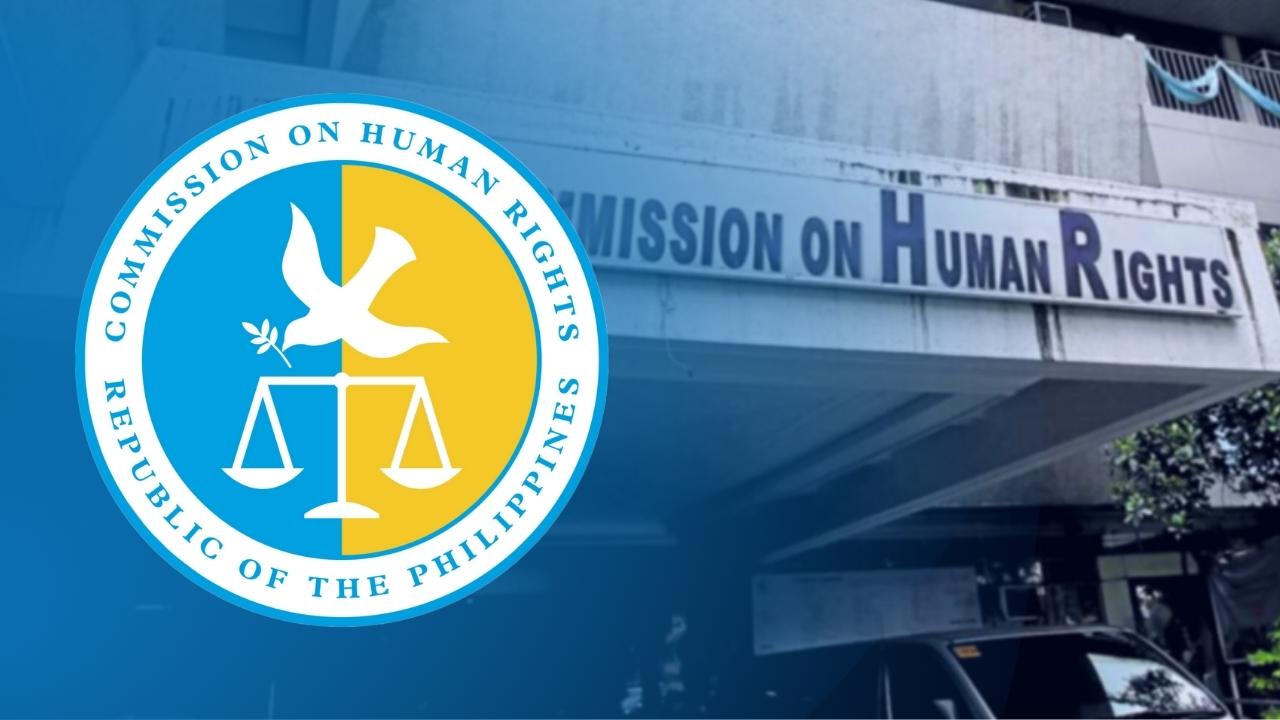
INQUIRER FILE PHOTO
MANILA, Philippines — Facing another budget cut, the Commission on Human Rights (CHR) has found some allies in the House of Representatives as it seeks a bigger allocation in order to fulfill its mandate of keeping state abuses in check, this time under the Marcos administration.
During Thursday’s hearing on the CHR’s draft 2023 budget, at least eight lawmakers supported the constitutional body’s proposed P1.6-billion funding, welcoming any move to have it increased.
Negros Oriental Rep. Jocelyn Limkaichong, the CHR’s primary sponsor in the House deliberations, warned that the agency’s regular operations and many of its programs would suffer if given a mere P846 million, the amount alloted by the Department of Budget and Management, which is just half of what the commission sought.
“Every year the CHR is always neglected and not given the proper tools to implement its constitutional mandate,” Cagayan de Oro Rep. Rufus Rodriguez, echoing Limkaichong’s concern. “The CHR is seeing a budget cut at a time when the entire country’s budget was increased by 5 percent.”
Smaller by 12%
Aside from Limkaichong and Rodriguez, Marikina Rep. Stella Quimbo, Kabataan Rep. Raoul Manuel, Albay Rep. Edcel Lagman, Gabriela Rep. Arlene Brosas, ACT Teachers Rep. France Castro and AKO Bicol Rep. Jil Bongalon have registered their support for a bigger CHR purse.
The CHR’s request for a P1.6-billion budget for next year is already 12-percent less than what it received in 2022. Because of the reduction, it may have to shelve major plans like the setup of the Human Rights Institute (with an estimated cost of P12.5 million), its monitoring work for the country’s international obligations, and the operation of its regional offices.
The smaller budget comes at a time when the constitutional body is due for reaccreditation under the Global Alliance of National Human Rights Institutions (GANHRI), where it enjoys a Status A distinction.Reducing the CHR’s financial and operating capacity “may affect how the international community will assess the government’s commitment to human rights,” Limkaichong said.
Sagip Rep. Rodante Marcoleta, who earlier called out the agency supposedly for being too critical of the government, used his time for interpellation to air personal gripes about the backlash he reaped for his position.
After lobbying for a reduction in the CHR’s budget, Marcoleta said, he got his share of bashers and was even rejected by his dissertation adviser when he was still taking up a doctorate course at the University of the Philippines. He did not provide details.
“Wasn’t my human right violated there?” Marcoleta said, directing his question at CHR Executive Director Jacqueline De Guia who was present at Thursday’s hearing.
Marcoleta also took De Guia to task over the CHR’s supposed failure to investigate nonstate perpetrators of human rights violations and for focusing only on the police and the military.
Martial law museum
But Lagman explained that investigating nonstate abuses is the job of the Philippine National Police, the Armed Forces of the Philippines and the courts.
“You (CHR) don’t have to appease lawmakers by extending your jurisdiction,” Lagman said.
Meanwhile, the plan to build the Freedom Memorial Museum that would preserve the memory of martial law atrocities under the late dictator Ferdinand Marcos Sr. barely encountered resistance in the House.
The museum, which will be under the supervision of the Human Rights Violations Victims’ Memorial Commission (HRVVMC), an attached agency of the CHR, is set to be constructed on the UP Diliman campus.
HRVVMC executive director Carmelo Crisanto reported that construction of the project’s maintenance office had been completed and demolition and other preparatory works would soon begin to clear out the future site of the museum.
The lawmakers asked the commission to submit an updated engineering and construction plan for the museum once the CHR budget is taken up in plenary.